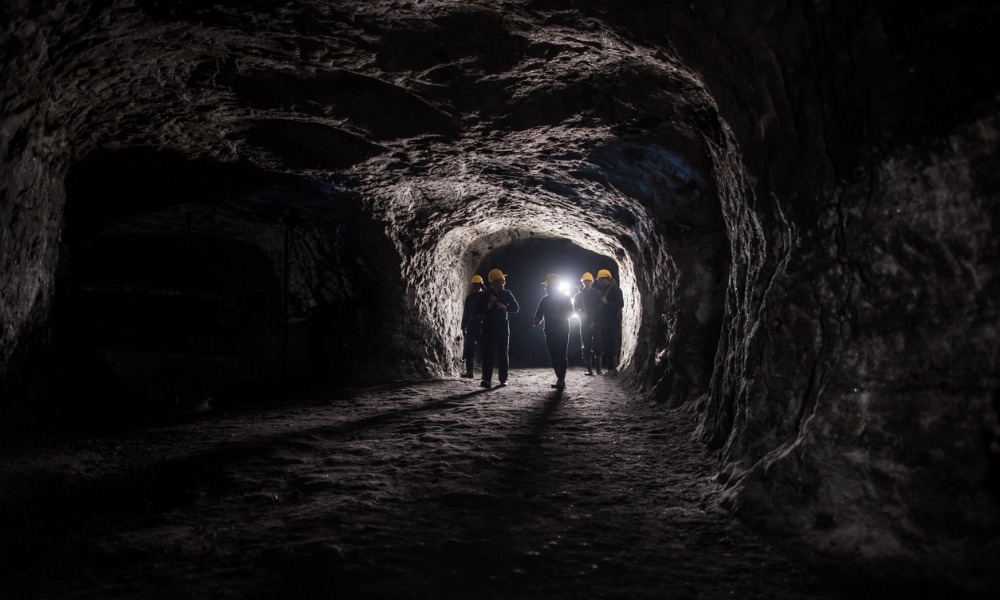
Mining Council of Australia slams decision as a 'setback' for employers

The Fair Work Commission (FWC) has compelled three coal mining companies to enter a joint bargaining process for the pay deal of their crew supervisors, managers, and shift engineers.
The FWC's order is the first under the multi-employer bargaining bid implemented by the government's industrial reforms.
In its order, Peabody Energy, Glencore's Ulan Coal, and Whitehaven Coal have been ordered to engage in at least 12 months of talks with the Collieries' Staff and Officials Association (CSOA).
The negotiations will cover the pay deal of about 50 crew supervisors, managers and shift engineers at their NSW mines.
The Mining Council of Australia (MCA) said the FWC's order represents an "alarming shift in Australia's industrial relations landscape."
"This decision, set in train by the Albanese Government's reckless changes to workplace law, will reduce the mining industry's competitiveness at a time when the Australian economy needs it to be strong and productive, especially given the current global economic headwinds," said Tania Constable, chief executive officer of the council, in a statement.
"This is not just a setback for the employers involved; it threatens to destabilise Australia's entire industrial relations framework."
According to Constable, the FWC's decision sets a "dangerous precedent" that heightens the risk of industrial action and disruption of key industries.
"This could result in the Fair Work Commission stripping these companies of their right to negotiate with their own workers, and forcing them into one-size-fits-all, industry-wide terms that would undermine their operations," the CEO added.
It also has implications for Australia's greater employment landscape, Constable warned.
"The Albanese Government's changes allow for additional employers to be forced into this multi-employer bargaining framework against their will, potentially dragging entire industries into a system that could cripple their ability to operate effectively and competitively," she said.
"This exposes the sector to industry-wide strikes in what would be an unmitigated disaster for the Australian economy and jobs."
The Business Council of Australia also said employers should be "on edge" about the FWC's decision.
"It will slash productivity and undermine enterprise level engagement between employees and employers," Business Council chief executive Bran Black said in a statement
But unions claimed that the decision would "streamline an unnecessarily complex and difficult enterprise bargaining process."
Paul Inglis, interim chief executive of Professionals Australia, an umbrella union under CSOA, hailed the FWC's decision as a "major step forward" for miners, the Australian Financial Review reported.
"This decision paves the way for other employees to consider multi-employer bargaining both in mining and across other industries as a fair and efficient method for negotiating in their workplaces," Inglis said as quoted by the AFR.